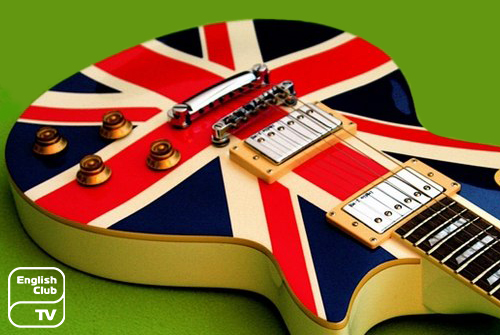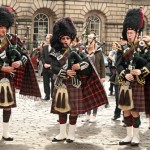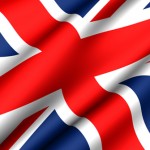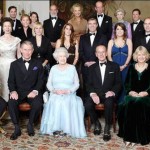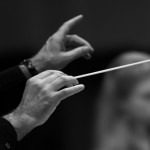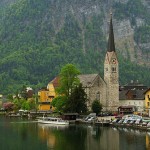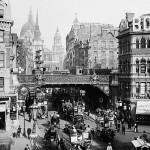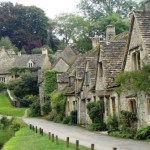England boasts rich culture of music. Music in England has evolved significantly from ancient times to the modern era. We may distinguish secular and sacred music, which include popular and elite renditions in Britain. However, music in Great Britain is made up of different forms influenced by varied nationalities, which entered Britain. The mixture is now visible in its various genres featured prominently due to globalism.
The classic British Music has been a mixture of Ars Nova polyphony of the early stages of music in Europe. Early music forms in Britain included highly distinct music forms such as Contenance Angloise, antiphons, carol, Celtic chant and medieval music. In the 16th century British music was significantly influenced by religious, mainly Catholic, music.
In the early era of Baroque, Opera music became the limelight in Britain. The royal court music also played one of the leading roles in British music in the 17th century. So it integrated to the wider European music culture. Between the Medieval and Renaissance eras, the Baroque music forms came to the fore with more distinguished orchestral classical music forms. New music instruments took the stage with operas. Within the Stuart Monarchy, music was more of a kind of court music.
The Modern Classical Music of Britain takes inspiration from the contemporary European music genres. The Baroque period was a mix of traditional and international music trends. In this period, the most notable British Baroque composer was a German-born George Frideric Handel (1685–1759). He moulded the future of classical music in Britain and became very well known for his famous oratorios, operas, organ concertos and anthems.
The 19th century produced many well-known composers such as Gustav Hoist, Arthur Sullivan, Hubert Parry, Benjamin Britten and Edward Elgar, to name a few. Along with classical music, music related to folk songs also was popular. The immigrants from commonwealth countries brought folk music from their countries, which became integral part of the music of Great Britain. Folk music revivals in the 19th century with many brass bands taking the stage influenced the overall music in Great Britain to a great extent.
Today, there are many genres of music in England. They include rock, pop, jazz, rap, hip hop, folk music, etc. These music forms have combined music genres from other countries like Australia, the United States, South Africa, and most of the Asian, Latin, African and European countries.
No doubt, Great Britain’s musicians have created many music genres. These include electric folk, acid jazz, heavy metal, blues rock, hard rock, Bhangra, drum and bass, dubstep, Britpop and punk rock amongst others. Today, thousands of foreign students study music in England.
Famous universities with the subjects in music include Bristol University, Birmingham University, Canterbury Christ Church University, Edinburgh Napier University, Manchester Midi School, are just a few from a long list. However, music in Britain today is a mix, which has embraced almost all the music forms in the world.
Vocabulary:
| to boast [bəʊst] | a mould [məʊld] |
| to evolve [ɪˈvɒlv] | revival [rɪˈvaɪvəl] |
| to distinguish [dɪˈstɪŋɡwɪʃ] | brass [brɑːs] |
| secular [ˈsekjʊlə] | overall [ˌəʊvəˈrɔːl] |
| sacred [ˈseɪkrɪd] | electric folk [ɪˈlektrɪk][fəʊk] |
| distinct [dɪˈstɪŋkt] | acid jazz [ˈæsɪd][dʒæz] |
| carol [ˈkærəl] | heavy metal [ˈhevi][ˈmetəl] |
| Celtic chant [ˈkeltɪk][tʃɑːnt] | blues rock [bluːz][rɒk] |
| medieval [ˌmedɪˈiːvəl] | hard rock [hɑːd][rɒk] |
| Baroque [bəˈrɒk] | drum and bass [drʌm][ænd][ˈbeɪs] |
| limelight [ˈlaɪmlaɪt] | dubstep [dʌbstep] |
| Renaissance [rɪˈneɪsns] | Britpop [ˈbrɪtpɒp] |
| notable [ˈnəʊtəbəl] | punk rock [pʌŋk][rɒk] |


